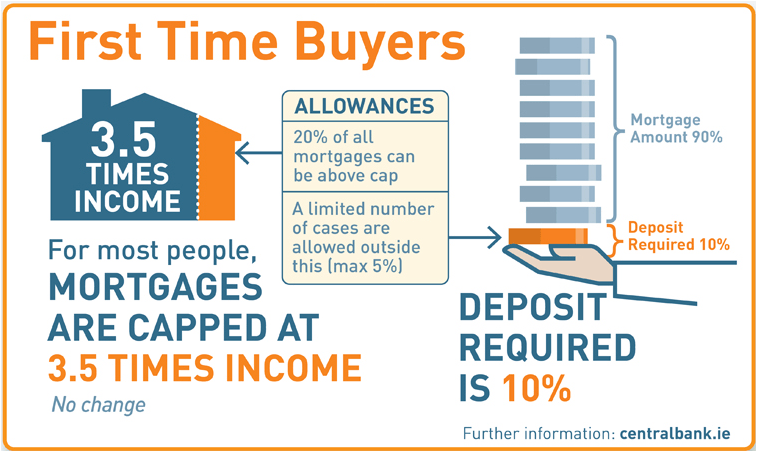Local Property Tax - LPT Clearance
Revenue Clearance for Property Sales: What You Need to Know
When selling or transferring property in Ireland, obtaining Revenue clearance is not optional—it's a legal requirement. This guide breaks down everything you need to know about Revenue clearance and how to obtain it.
What is Revenue Clearance?
Revenue clearance provides confirmation that the property is fully compliant for Local Property Tax (LPT) and must be obtained on the sale or transfer of a property.
Types of Revenue Clearance
There are two types of Revenue clearance: General clearance and Specific clearance.
When Clearance Cannot Be Obtained
Your property will not qualify for either type of clearance if there are:
Outstanding or deferred LPT liabilities, or Household Charge (HHC) liabilities
Outstanding LPT returns
The easiest way for you (the seller) to check this is by logging into LPT online to review your LPT records.
General Clearance: The Simpler Option
General clearance means that you do not need to submit an application to Revenue. General clearance applies if either Condition 1 or Condition 2 outlined below are met.
Condition 1: Sale Price Thresholds
The sale price is €400,000 or less for properties located outside Dublin
The sale price is €500,000 or less for properties located in Dublin
Condition 2: Valuation Band Requirements
The sale price does not exceed 25% of the upper limit of the valuation band declared as of 1 November 2021 or 25% above the actual declared value for properties above Band 19.
How to Obtain General Clearance
Prior to the sale of the property, you (the seller) can obtain general clearance by accessing the LPT online service using your Personal Public Service Number (PPSN), the property ID, and the Property Index Number (PIN).
Important: You should print the Property History Summary from the LPT online service to confirm that there are no outstanding liabilities or returns. This can be used as confirmation that the property is fully compliant for LPT.
Special Consideration for Exemptions
If you have claimed an exemption from LPT, this will be reflected in the Property History Summary. You must ensure that any exemption claimed is verified by Revenue before the property can be sold or transferred.
Specific Clearance: When You Need Revenue Approval
If you do not meet Condition 1 or Condition 2, you must apply to Revenue for specific clearance. You can apply for specific clearance by completing Form LPT5.
What You Need to Provide
On this form, you are required to provide details of the property valuation declared as at 1 November 2021 and relevant information and documentation to support the valuation declared.
How to Submit Your Application
You can submit your form through MyEnquiries when you log in to the LPT online service.
Processing Timeline
Specific clearance applications are generally processed within 12 working days. Please do not contact Revenue for an update until this time frame has elapsed.
Important Notes About Valuations
The next LPT valuation date is 1 November 2025. Property owners are required to determine the valuation band of their property and submit this valuation on their LPT Return. Where a property is sold or transferred after 1 November 2025, the valuation band declared on the LPT Return should reflect the sales price of the property.
The seller does not need to obtain specific clearance in relation to the valuation declared as at 1 May 2013. However, in certain limited cases, Revenue may request further information in relation to this valuation, as part of specific clearance.
If Revenue has issued specific clearance in relation to the valuation date 1 November 2021, no further action is needed. This clearance covers all periods.
Key Takeaway
Revenue clearance is a critical step in any property transaction. Start the process early, especially if you need specific clearance, to avoid delays in your property sale. Always check your LPT compliance status through the online portal before proceeding with any property transfer.
For complex situations or if you're unsure about your clearance requirements, consider seeking professional legal advice to ensure full compliance with Revenue requirements.










